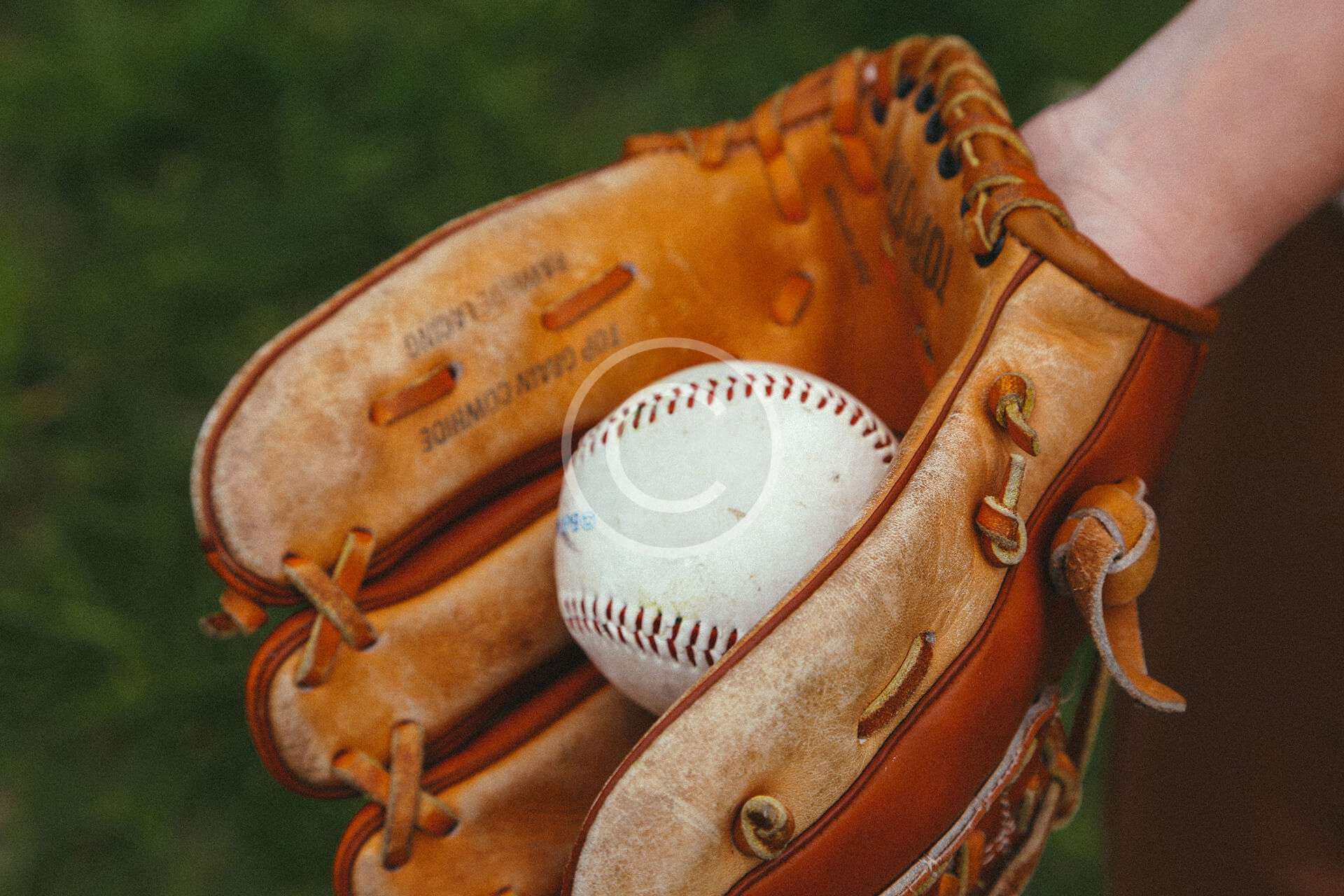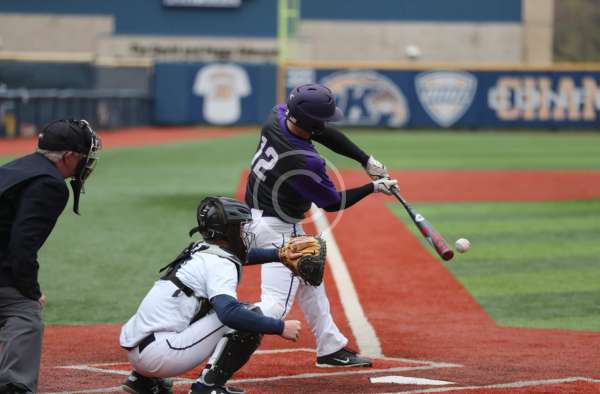The right age to start playing baseball can vary depending on a child’s interests, physical development, and the availability of programs in their community. However, here are some general guidelines to help determine the best time for a child to begin playing baseball:
**1. Early Introduction (Ages 3-5)
**a. T-Ball: For children as young as three years old, T-ball is an excellent way to introduce them to the basics of baseball. At this stage, the focus is on developing hand-eye coordination, understanding the rules of the game, and having fun. T-ball uses a stationary tee, allowing young players to learn to hit without the challenge of a pitched ball.
**b. Skill Development: Activities at this age often involve simple drills that help kids develop motor skills, such as throwing, catching, and hitting. The emphasis is on creating a positive experience and fostering a love for the game.
**2. Early Elementary Age (Ages 6-8)
**a. Coach Pitch/Baseball: Around age six, children can transition to coach-pitch baseball. At this level, coaches pitch to the players, helping them to adjust to hitting a pitched ball while still focusing on basic skills.
**b. Learning Fundamentals: This age is ideal for teaching more specific baseball fundamentals, including base running, fielding, and understanding positions. Kids are generally eager to learn and can grasp more complex aspects of the game.
**3. Mid-Elementary Age (Ages 9-12)
**a. Player Pitch: By age nine, children are ready for player-pitch leagues, where players pitch to each other. This stage introduces more advanced skills, including pitch selection, defensive strategies, and more complex game rules.
**b. Skill Refinement: Focus on refining skills and strategies. Kids are capable of understanding more nuanced aspects of the game, such as positioning, game situations, and teamwork.
**4. Teenagers (Ages 13 and Up)
**a. Competitive Play: Teenagers can engage in more competitive and specialized baseball leagues. At this stage, players often focus on specific positions and advanced skills, and many may aspire to play at higher levels, such as high school or travel teams.
**b. Training and Conditioning: Emphasis on physical conditioning, advanced techniques, and game strategy becomes important. Players may also start to focus on college recruitment or professional aspirations if they are serious about pursuing baseball as a career.
Key Considerations
**a. Interest and Enthusiasm: The most important factor is the child’s interest in playing baseball. Starting at a young age should be based on the child’s desire to participate and enjoy the game.
**b. Physical Development: Ensure that the child is physically ready for the demands of the game. Baseball requires coordination, strength, and agility, and these develop at different rates for each child.
**c. Positive Experience: Regardless of age, the focus should be on creating a positive experience that encourages a love for the game. Avoid pushing too hard and instead promote enjoyment and personal growth.
In summary, children can start playing baseball as early as three years old with T-ball, and as they grow, they can gradually move into more advanced levels of play. The key is to match the child’s age, interest, and development with the appropriate level of baseball to ensure a rewarding and enjoyable experience.




